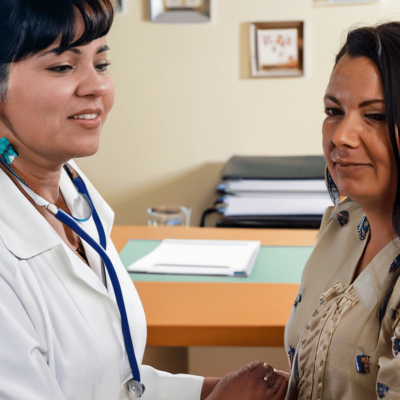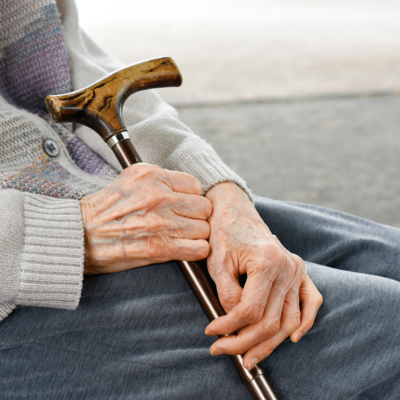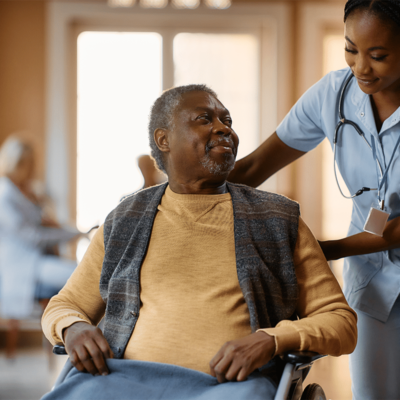Preventive Health Education

Policies in Practice: Integrating Early and Periodic Screening, Diagnostic, and Treatment (EPSDT) Services into Clinical Care for Medicaid Beneficiaries (45 minutes)
EPSDT has the potential to improve health outcomes for all eligible children by ensuring they receive needed health services as early as possible in a variety of settings, including at school. This educational discussion led by national experts will introduce EPSDT, what it covers, and how it can be used to address social determinants of health in the delivery of high-quality health care.

Policies in Practice: Integrating HEDIS and CAHPS Measures into Clinical Care for Medicaid Beneficiaries (45 minutes)
CAHPS and HEDIS measures are updated annually to ensure that the information collected is relevant and actionable. These changes have a particular impact on patients with chronic illnesses and complicated social determinants of health. This educational presentation, hosted by national experts, will look at the updates to CAHPS and HEDIS, how they impact quality care and experience, and what this means for clinicians.

Population-Based Health in Practice: Addressing Health-Related Social Needs for Black/African American Patients (30 minutes)
During this program, national experts will examine how racism, discrimination, and inter-generational trauma impact clinical care practices for Black/African American patients. The educational discussion will center on introducing trauma-informed care practices and other trust-building interventions into clinical care to improve patient outcomes and address health-related social needs for Black/African American patients.

Population-Based Health in Practice: Addressing Health-Related Social Needs for Indigenous/American Indian/Alaska Native Patients (30 minutes)
Clinicians who engender trust and establish a therapeutic rapport with these patients practice trauma-informed care, establishing a safe space for open communication and keeping in mind intergenerational trauma. In this educational presentation, faculty will share best practices for integrating a trauma-informed approach into clinical practice to improve outcomes for Indigenous/American Indian/Alaska Native patients.

Population-Based Health in Practice: Addressing Health-Related Social Needs for Hispanic/Latino Patients (30 minutes)
Clinical experts will lead an educational discussion on best practices designed to mitigate some of these disparities and engender mutual trust in the health care setting. This presentation shares interventions that address and relieve stigma experienced by Hispanic/Latino patients with the goal of making the clinic a place where they feel welcome and heard.

Population-Based Health in Practice: Addressing Health-Related Social Needs for Aging Populations (45 minutes)
During this concise, on-demand educational discussion, expert panelists will advocate for aging populations and their caregivers, revealing the structural pressures that enable ageism and racism to persist, and highlighting strategies to address health-related social needs for this underserved population.

Population-Based Health in Practice: Addressing Health-Related Social Needs for Individuals with Disabilities (45 minutes)
In this CMEO Snack, expert faculty will guide learners through a discussion of the unique care barriers and facilitators and their impact on individuals with disabilities as well as strategies for clinical practice that address the health-related social needs of these patients.

Population-Based Health in Practice: Addressing Health-Related Social Needs for LGBTQ+ Patients (30 minutes)
This educational discussion will identify the health-related social needs of LGBTQIA+ patients and will share practice strategies such as gender- and trauma-informed care that improve clinicians’ cultural humility and help make the experience safe and welcoming for all patients.

Population-Based Health in Practice: Improving Gender-Informed Care Through an Understanding of Personal Pronouns (30 minutes)
This educational presentation features health care experts who will share actionable strategies for incorporating the use of personal pronouns into clinical practice to foster a safe and inclusive care environment.
